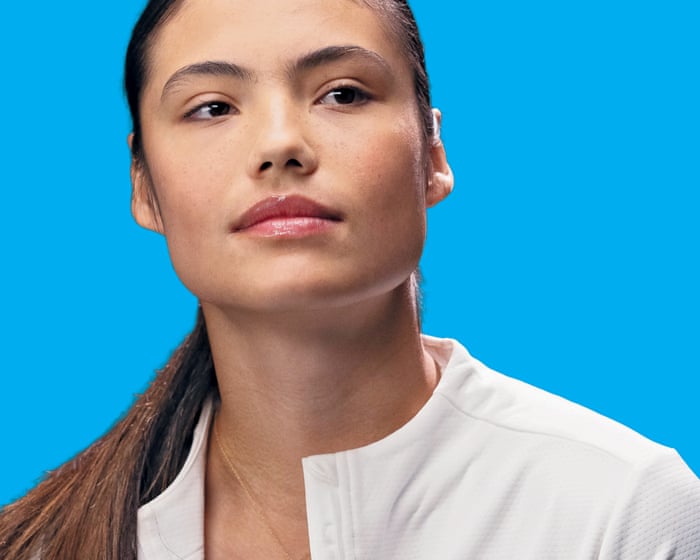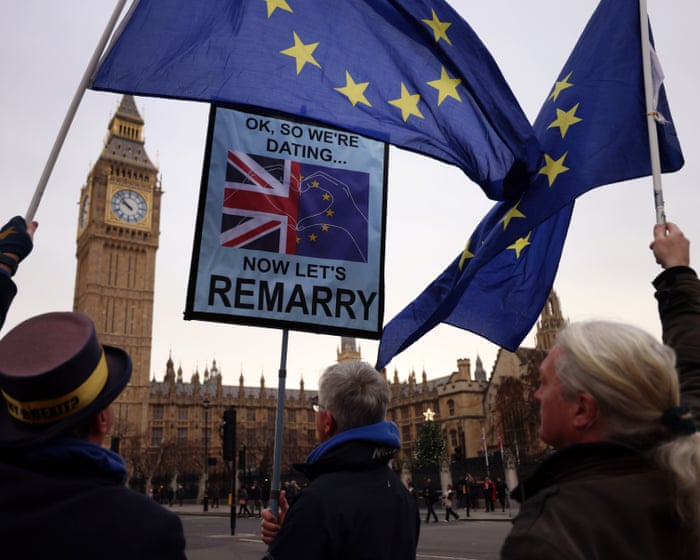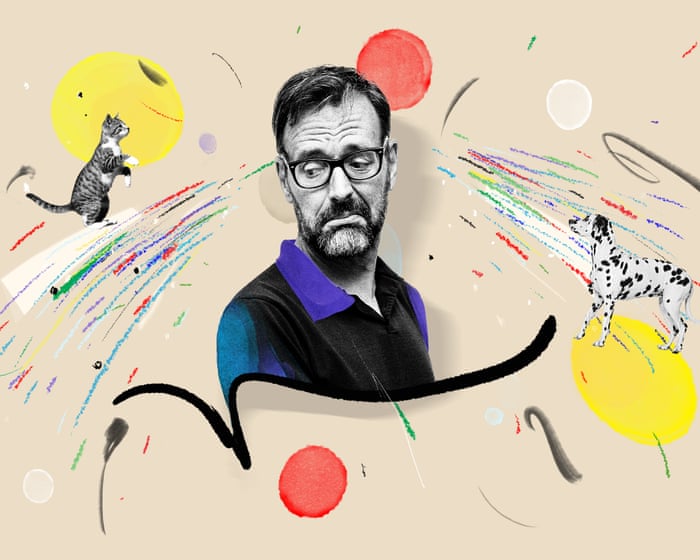For four grueling years, Emma Raducanu’s life has been under constant public scrutiny. Every career decision has been analyzed and debated, while even the most mundane details of her personal life have been turned into headlines. To rediscover herself—both on and off the tennis court—Raducanu has had to learn to block out the noise, which can sometimes feel overwhelming.
Just a month ago at Wimbledon, the conversation around the 22-year-old hit a new low. Despite her strong performances on the court, the focus shifted to relentless speculation about her personal life. Sitting in the depths of Center Court at the Cincinnati Open, I admit I’ve never felt more uncomfortable than when watching people pry into her romantic life at the All England Club.
“Yeah, and Cam’s questions too,” Raducanu says with a laugh. “That was terrible. Just terrible.”
She was referring to a post-match press conference where her fellow British player, Cameron Norrie, was asked if he was dating her—despite his long-term partner sitting in his player box that day. Norrie was as confused as he was amused. For Raducanu, however, such intrusive questions from strangers have become routine.
“I know, I know,” she says, smiling. “I guess it comes with the territory—people are just so curious. Honestly, I think they care more about this kind of gossip than actual tennis news. But I keep my private life separate. It’s funny when people try to dig things up, but I try not to pay too much attention.”
The curiosity isn’t limited to tabloids and online chatter. Even when Raducanu is simply going about her day in London—like boarding a bus in Wandsworth—paparazzi somehow find her.
“It’s really creepy because you don’t even realize they’re there,” she says. “Then the next day, you see a photo of yourself and think, There’s no way they were that close.”
Given her well-documented encounters with stalkers—one was arrested in 2021 after stealing items from her doorstep, and another followed her across four countries earlier this year—Raducanu has real concerns about her safety.
“After the Dubai incident, that was probably the worst attention I’ve ever gotten,” she admits. “Right after, I found it really hard to go out. I was definitely shaken for a while. But I’ve become more cautious now—I always have someone with me. No more solo walks. Just making sure someone’s watching my back.”
Everything traces back to those three life-changing weeks at the 2021 US Open, where Raducanu became the first qualifier in history to win a Grand Slam. The victory brought fame and success, but it also came with immense challenges. Alongside tough losses and constant criticism, her body repeatedly let her down. In 2023, after struggling with injuries for months, she underwent surgeries on both wrists and her left ankle.
At the time, some in her team questioned her toughness.
“I’d always say, No, I am tough enough,” she recalls. “It hurt to hear because I’ve always prided myself on being resilient and hardworking. And I am. Looking back, I think the people around me were wrong—and it led to me needing three surgeries. I was overtraining, hiding the pain, pretending I was fine when I wasn’t. That was really hard to hear. But with experience, I’ve learned…”Over time, I became more aware of my body and learned to trust myself more.
Mentally, things were even tougher. After her breakthrough US Open win, she struggled to match that success, and sometimes her mind turned that victory into a negative—blaming it for her difficulties. It wasn’t until this year that she learned to focus on gradual progress rather than comparing every result to 2021. Still, it’s an ongoing challenge.
“Those comparisons never really go away,” Raducanu says. “It’s been four years now, and I don’t think it’s fully faded. Maybe in a few more years, when I’m older and more mature, but it’s hard to ignore completely. It’s always there in the back of your mind. The key is recognizing those thoughts without letting them ruin your day or derail your work—just bringing your focus back to the present and the process.”
Given her struggles, it’s natural to wonder if she’s tried sports psychology or therapy. “I have,” she admits. “I was encouraged to, considering what I went through—something almost no one else has experienced. But after two sessions, I stopped. I thought, These people don’t really understand me. Honestly, no other athlete has done what I’ve done, so why take advice from them? I realized the only person who could help me was myself.”
For years, Raducanu’s background was defined by four cities listed in her bios: Bucharest (her father’s home), Shenyang (her mother’s), Toronto (where she was born), and London (where she grew up). Her mother’s journey from China to Canada has been a source of inspiration.
“It’s funny when people ask where I’m from,” she says. “I feel British—I grew up there—but there are parts of me that don’t quite fit. It makes you question your identity a little. But I try not to overthink it. Instead, I take the best from all the cultures I’ve been part of.”
No matter the topic, Raducanu often credits her parents for their unwavering support. She describes her upbringing as strict, but their high standards shaped her.
“I was raised with big expectations—not much sympathy,” she says. “That was hard as a kid, and even now. But it made me who I am: grounded, hardworking. They never cared about fame or flashy things.”
Both of her parents worked in finance, passing on their logical, analytical mindset. Yet part of growing up has been learning to balance that with her own instincts.Emma Raducanu has been discovering herself as a person. What initially seemed like a setback—her injury break in 2023—turned out to be crucial for her personal growth. During her time away from tennis, she traveled extensively, including a trip to China, explored new hobbies, and gradually learned more about herself. She realized she has a creative side, which has since influenced her playing style.
“I discovered a more artistic side—playing piano, painting, reading, philosophy—all of that,” she says. “It really opened my eyes to another world. Now I’m figuring out how to blend creativity with the analytical side of my game.”
With time, Raducanu has also gained clarity about her preferences in decision-making. This leads her to address another frequent criticism: her coaching changes.
“I’m much clearer now about what I like and don’t like,” she says. “People love to say I’ve had so many coaches, but if they knew the details, they wouldn’t say the same thing. I just don’t air that publicly because I don’t want to call anyone out. So I keep it to myself.”
Does she ever feel tempted to set the record straight?
“When I see comments like, ‘Oh, Emma’s on her ninth coach,’ I just think, ‘Come on, guys.’ Some of them were trials—you don’t have to continue after that. A few were trials, a few were other situations. I try to take the high road,” she says with a laugh. “Like the royal family would.”
After years of adapting and self-discovery, Raducanu seems to be in a much better place. She speaks enthusiastically about the joy she finds in her daily training and her commitment to improving every day. Her results reflect this shift—her ranking is climbing, and her recent performance in Cincinnati, where she narrowly lost to world No. 1 Aryna Sabalenka in a thrilling three-hour match, shows her progress.
As she returns to New York for the US Open, she feels more confident than she has since her title win.
When asked about her long-term ambitions beyond results, she pauses before answering. Her main hope is to sustain the passion and happiness she now feels in her daily work.
“I want to keep enjoying this for the next few years because I wouldn’t rather be doing anything else,” she says. “I see friends relaxing on boats in the south of France, and sure, it looks amazing—but when I’m putting in double training sessions, laughing with my team, that fills me up so much more. I’m really happy to be where I am, and I just want to keep going.”
FAQS
### **FAQs About Emma Raducanu on Her US Open Win, Stalking, and Therapy**
#### **Beginner-Level Questions**
**1. Who is Emma Raducanu?**
Emma Raducanu is a British tennis player who won the 2021 US Open at just 18 years old, becoming the first qualifier in history to win a Grand Slam.
**2. What did Emma Raducanu mean by saying “I’m tough”?**
She was reflecting on her mental strength, resilience, and ability to handle challenges like her sudden fame, injuries, and even stalking incidents.
**3. How did Emma Raducanu win the US Open?**
She won as a qualifier without dropping a single set in the entire tournament—a rare achievement.
**4. Has Emma Raducanu faced stalking?**
Yes, she has dealt with stalking incidents, including an intruder entering her family home, which she described as a scary experience.
**5. Why doesn’t Emma Raducanu believe in therapy?**
She prefers to rely on her own resilience and support system rather than professional therapy, saying she’s “tough” enough to handle challenges herself.
—
#### **Advanced-Level Questions**
**6. How has Emma Raducanu handled fame after the US Open?**
She has faced ups and downs, including injuries and media scrutiny, but remains determined to prove herself on the court.
**7. What impact did stalking have on Emma Raducanu?**
It was distressing, but she has spoken about using the experience to grow stronger mentally and stay focused on tennis.
**8. Why do some athletes avoid therapy despite mental health struggles?**
Like Raducanu, some believe in self-reliance, fear stigma, or feel their support network is enough—though many experts recommend therapy for athletes under pressure.
**9. How does Emma Raducanu stay mentally strong?**
She focuses on discipline, hard work, and trusting her team, while blocking out negativity from critics or setbacks.
**10. What can fans learn from Emma Raducanu’s mindset?**
Her approach shows resilience, self-belief, and the importance of handling challenges in your own way—whether through therapy or personal strength.
Would you like any questions



